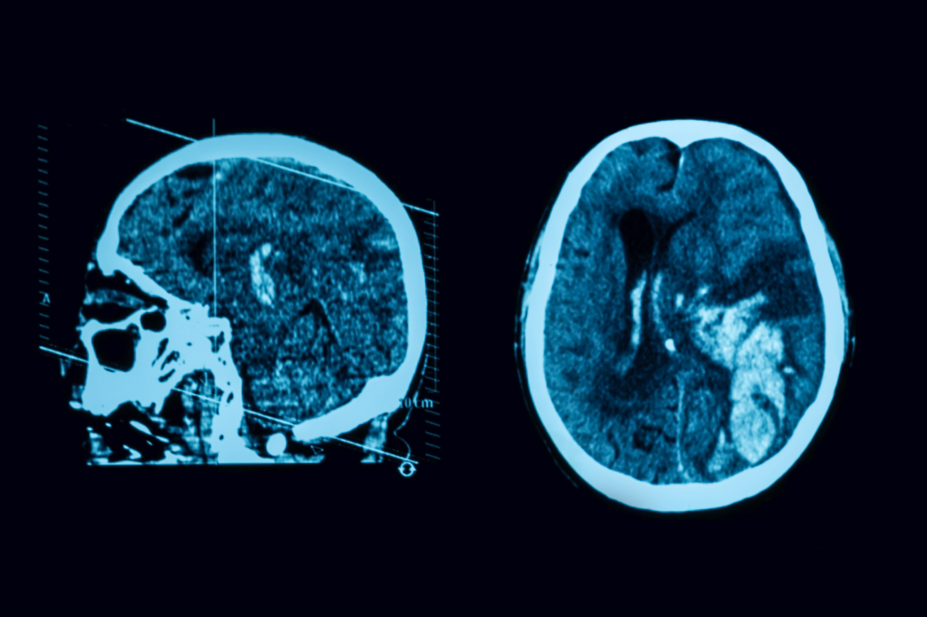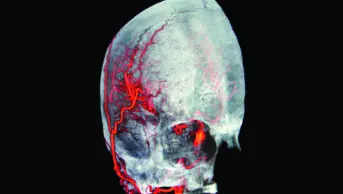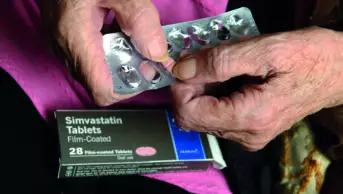
Shutterstock.com
Daily fluoxetine in patients who have had a stroke does not improve functional outcomes at six months, results of a randomised trial published in The Lancet (5 December 2018) have shown[1]
.
The study included 3,127 patients with focal neurological deficits who all enrolled within 2–15 days of stroke onset. They were randomly assigned to either daily fluoxetine 20mg or placebo for six months.
At the end of the study, functional status, as measured on the modified Rankin scale, was similar between the groups, indicating that fluoxetine 20mg did not influence patients’ functional outcomes.
Patients in the fluoxetine group were significantly less likely to develop depression than those in the placebo group (13.4% vs. 17.2% respectively; 95% confidence interval [CI] 1.26–6.30; P=0.0033), but were more likely to experience bone fractures (2.9% for fluoxetine vs. 1.5% in the placebo group; 95% CI 0.38–2.43; P=0.0070).
Fluoxetine is used to treat depression and emotional lability after stroke and it has been suggested that its neurological effects could also enhance recovery of function, the authors explained.
“These results do not support the routine use of fluoxetine either for the prevention of post-stroke depression or to promote recovery of function,” they wrote.
Future trials are needed to explore if any particular subgroups might benefit from post-stroke fluoxetine and to clarify potential harms of the drug in stroke patients, they concluded.
References
[1] FOCUS Trial Collaboration. Effects of fluoxetine on functional outcomes after acute stroke (FOCUS): a pragmatic, double-blind, randomised, controlled trial. The Lancet 2018. doi: 10.1016/S0140-6736(18)32823-X

